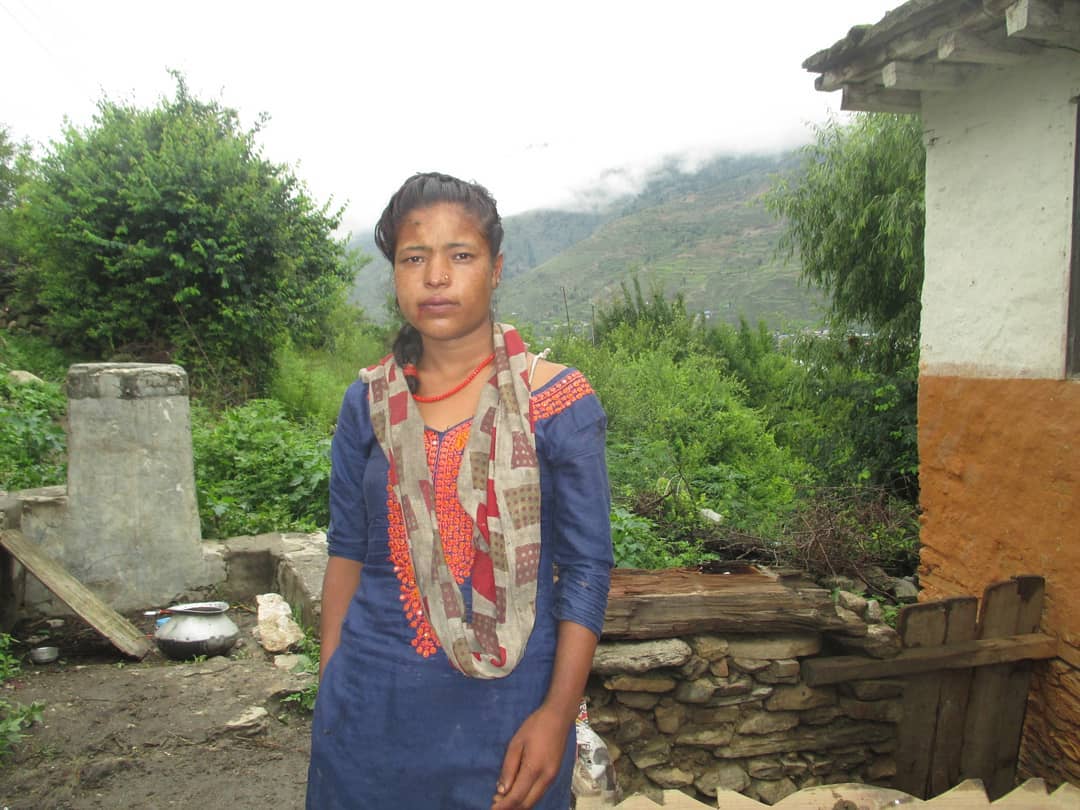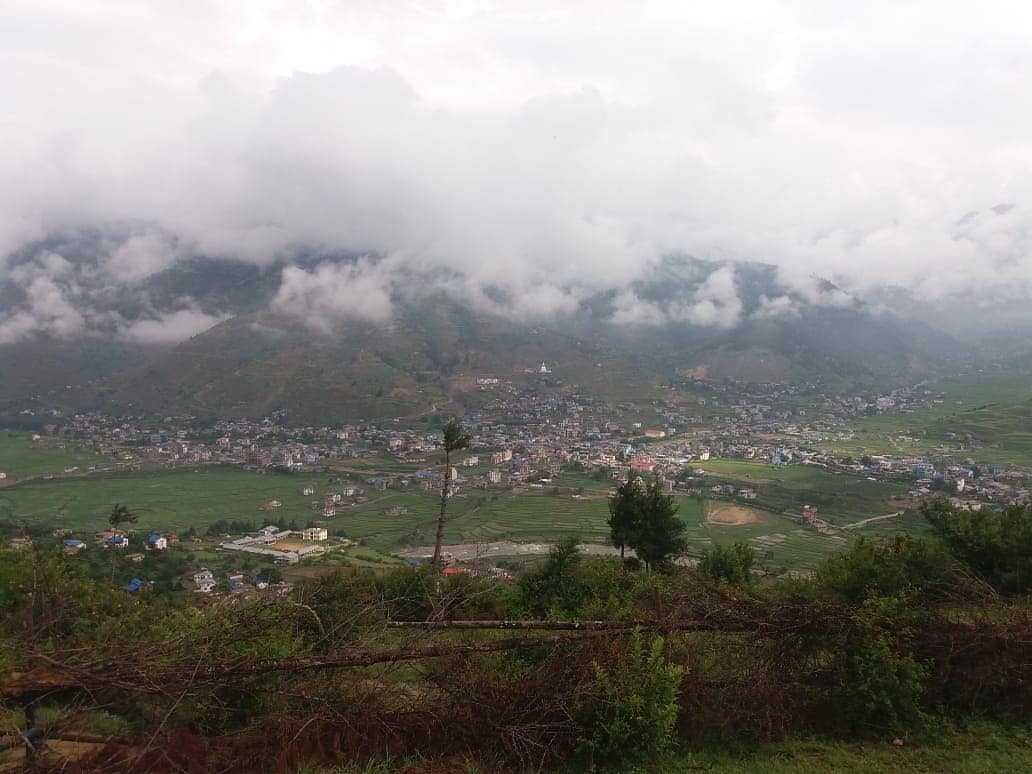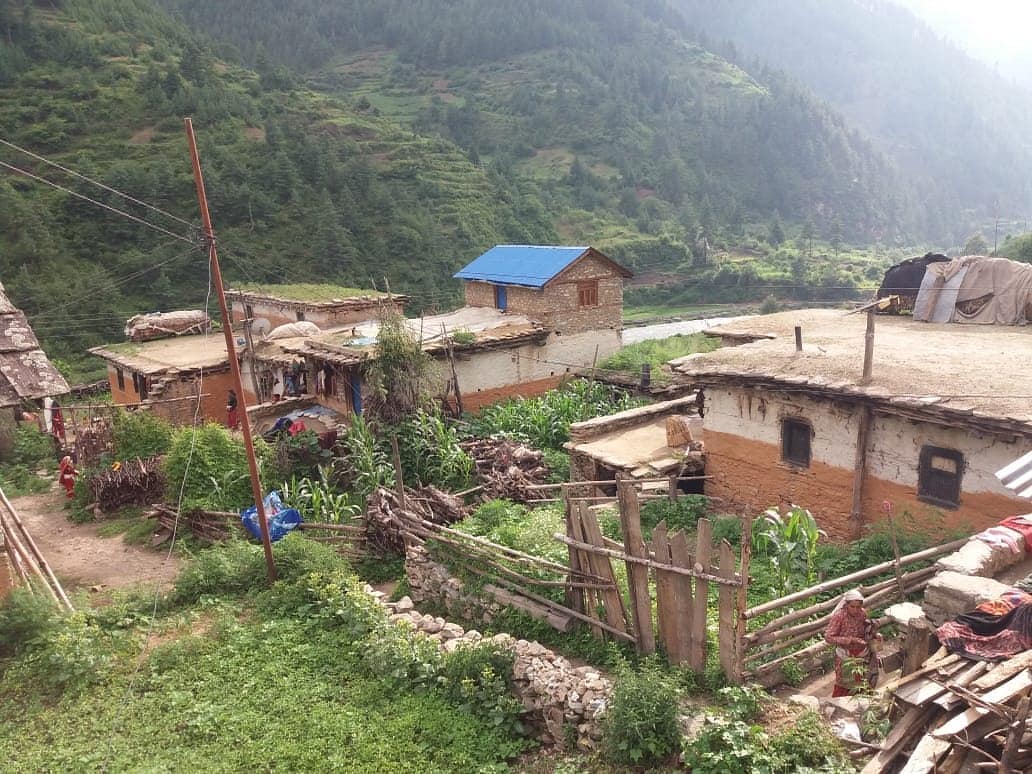Pandemic stigma by Krishnaya Upadhayay

Photo: Krishnamaya Upadhayay/ photo.circle
Saru Nepali, 19, was concerned for her husband Lokesh Nepali’s safety when Nepal and India went into lockdown in late March. Lokesh arrived home in Bohoragaun, Chandannath Municipality in Jumla after a tiring six-day journey from Uttarakhand, India, but it was unclear where he was supposed to go, so Lokesh headed home to his family. After spending a night at home, Saru and Lokesh both decided to move to a quarantine facility in the village so they would not infect anyone.

Photo: Krishnamaya Upadhayay/ photo.circle
After 14-days when they were tested negative for the COVID-19 virus at the quarantine center, they could go home. Lokesh was happy that he could finally be with his family, and Saru was looking forward to resuming her work at the farm, but her neighbors and the community around her stopped her from entering the fields. “They yelled at me, told me that my husband brought the coronavirus from India,” says Saru, “We have test results to prove we are negative, and yet people will not stop treating us badly.”

Photo: Krishnamaya Upadhayay/ photo.circle
Saru and Lokesh’s neighbor, Rajkumar Nepali, 27, also says that the community has been negative towards him. He also returned from India recently and spent time at the quarantine center. “Neighbors don’t speak to me when I go to fetch water, they hate me because they think I will infect them,” says Rajkumar.
Meanwhile, Ishwor Dutta Neupane, chair of the ward in Chandannath Municipality says that he has given strict directives that there should be no discrimination against those who have returned from quarantine centers and urges locals to report incidents to the ward office immediately.
Text and Photos: Krishnamaya Upadhyay @purnimashahi572020
Copy Edit: Nisha Rai @nishastoryteller
Edit: Mallika Aryal @mikaness
#nepalphotoproject
#nepalnow
#covid19 #chandanathmunicipality #jumla #coronavirus
